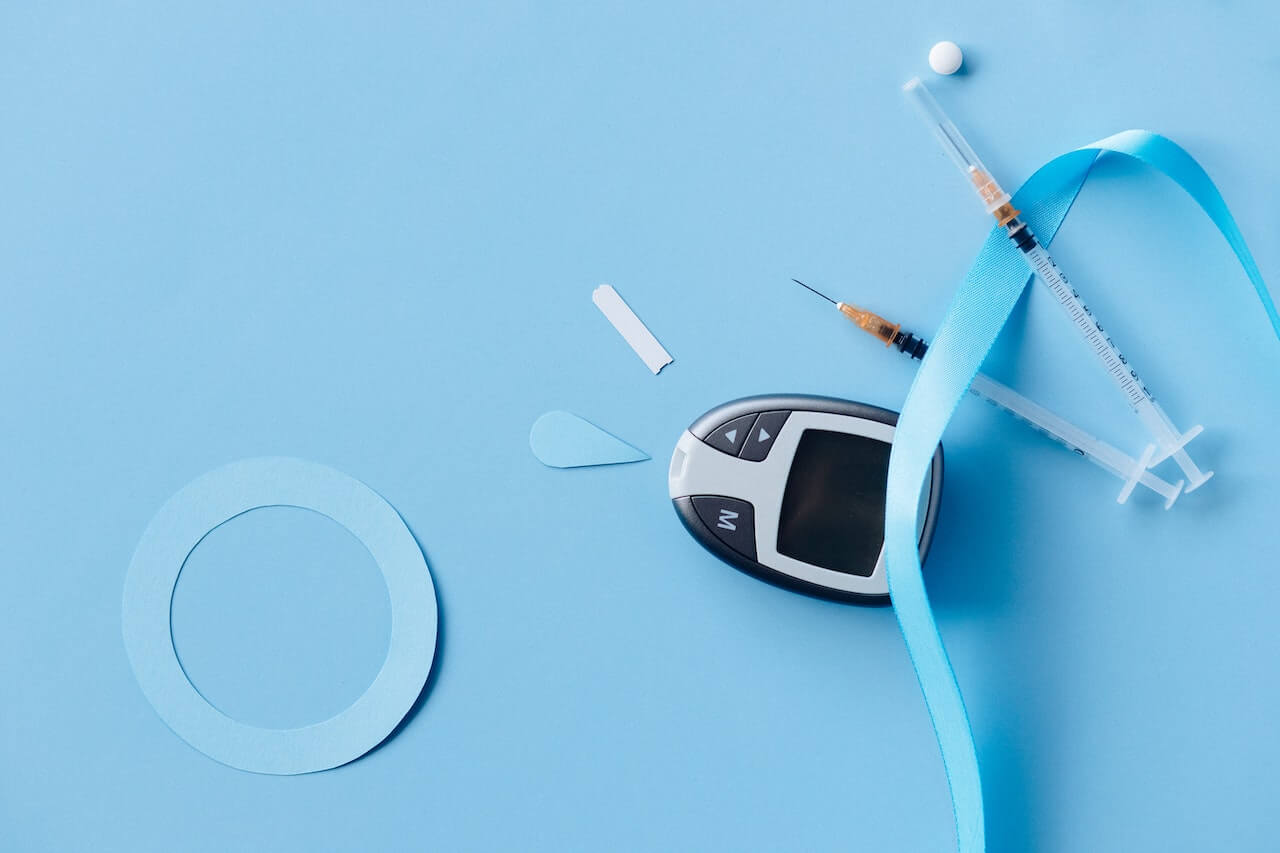Semaglutide is a type of medication known as a GLP-1 receptor agonist that has been approved by the FDA for the treatment of type 2 diabetes. It works by mimicking the effects of the hormone GLP-1, which helps to regulate blood sugar levels and decrease appetite. Semaglutide is a powerful and effective treatment option for individuals with type 2 diabetes who are struggling to manage their condition through lifestyle changes alone.
Type 2 diabetes is a chronic condition that occurs when the body becomes resistant to insulin, a hormone that helps to regulate blood sugar levels. When insulin resistance occurs, blood sugar levels can become dangerously high, leading to a range of health complications such as heart disease, nerve damage, and kidney failure. While lifestyle changes such as diet and exercise can help to manage type 2 diabetes, many individuals require medication in order to control their blood sugar levels.
Semaglutide has been shown to be highly effective in reducing blood sugar levels in individuals with type 2 diabetes. In clinical trials, semaglutide was found to lower A1C levels (a measure of blood sugar control over time) by an average of 1.5 percentage points, which is a significant improvement over other diabetes medications. Semaglutide has also been shown to help individuals lose weight, which can further improve their overall health and well-being.
One of the key advantages of semaglutide is its ease of use. Semaglutide is available as a once-weekly injection, which makes it more convenient for individuals who may struggle with daily medication adherence. Additionally, semaglutide has a low risk of hypoglycemia (low blood sugar), which is a common side effect of other diabetes medications.
However, like all medications, semaglutide does come with some potential side effects. The most common side effects of semaglutide include nausea, vomiting, and diarrhea. These side effects are usually mild and go away on their own over time. In rare cases, semaglutide can also cause pancreatitis, a serious inflammation of the pancreas. It is important for individuals taking semaglutide to be aware of these potential side effects and to discuss any concerns with their healthcare provider.
Overall, semaglutide is a highly effective treatment option for individuals with type 2 diabetes. It offers a convenient once-weekly injection, has a low risk of hypoglycemia, and can help individuals to lose weight and improve their overall health. While semaglutide may not be appropriate for everyone, it is an important tool in the management of type 2 diabetes and can help individuals to achieve better blood sugar control and reduce their risk of developing diabetes-related complications. If you are struggling to manage your type 2 diabetes, talk to your healthcare provider about whether semaglutide may be right for you.
In addition to its benefits for individuals with type 2 diabetes, semaglutide has also shown promise as a treatment for obesity. In a recent clinical trial, semaglutide was found to help individuals with obesity lose an average of 15% of their body weight over a period of 68 weeks. This is a significant improvement over other weight loss medications and suggests that semaglutide may be a valuable tool in the fight against obesity.
Semaglutide works by suppressing appetite and increasing feelings of fullness, which can help individuals to eat less and lose weight. While semaglutide is not a magic bullet for weight loss, it can be a useful tool for individuals who are struggling to achieve and maintain a healthy weight through diet and exercise alone. As with any weight loss medication, it is important to use semaglutide as part of a comprehensive weight loss program that includes healthy eating and regular exercise.
One potential downside of semaglutide for weight loss is its cost. Semaglutide is a relatively expensive medication, and insurance coverage may be limited for individuals who are using it for weight loss rather than diabetes management. However, for individuals with obesity who are struggling to lose weight through other methods, the benefits of semaglutide may outweigh the costs.
Another important consideration when using semaglutide for either diabetes management or weight loss is the need for regular monitoring. Individuals taking semaglutide should have regular check-ins with their healthcare provider to monitor their blood sugar levels, weight, and any potential side effects. It is also important to be aware of the signs of hypoglycemia (low blood sugar) and to have a plan in place to manage it if it occurs.
Semaglutide is a highly effective medication for the management of type 2 diabetes and has also shown promise as a treatment for obesity. While it may not be appropriate for everyone, it can be a valuable tool for individuals who are struggling to achieve and maintain healthy blood sugar levels or a healthy weight. As with any medication, it is important to discuss the potential benefits and risks of semaglutide with your healthcare provider and to use it as part of a comprehensive treatment plan that includes healthy eating and regular exercise. With proper monitoring and support, semaglutide can help individuals to achieve better health and quality of life.
